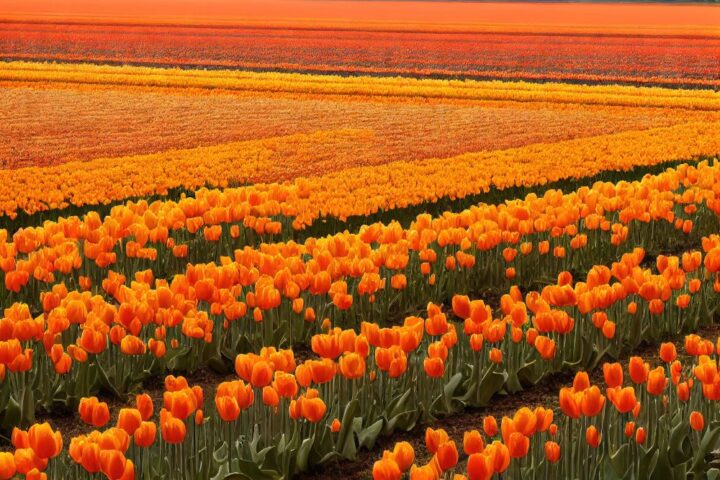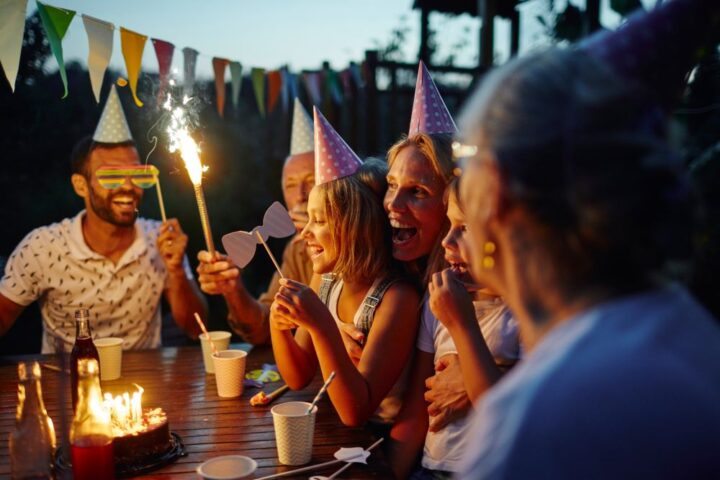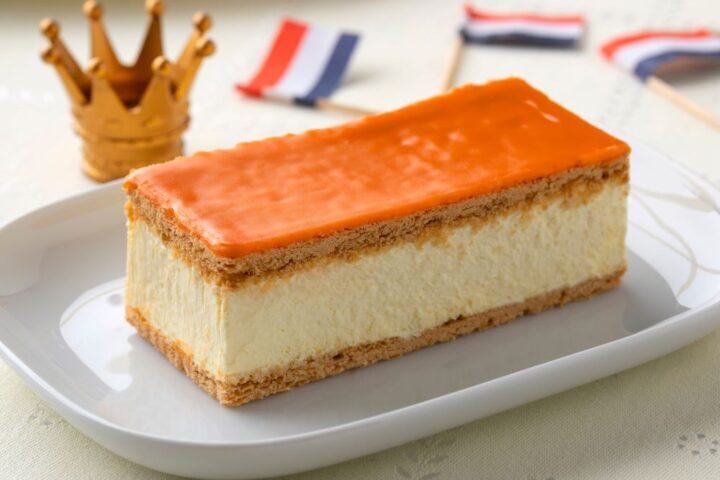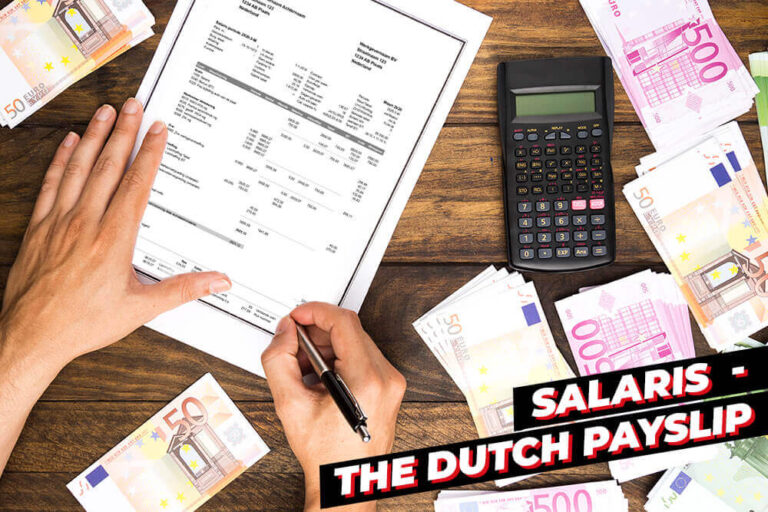Pragmatism and privacy, or a few words about values
The Netherlands is the most densely populated country in Europe, but that doesn’t stop people living in the Kingdom of the Netherlands from attaching great importance to privacy. The Dutch strongly separate their private and professional lives – it is not unusual for people who work in the same office to behave in a certain way in their professional space and very differently when they meet after hours. Distance between people and boundaries are taken quite seriously, probably because privacy is also connected here with a sense of justice and equality.

Unusual birthday customs in the Netherlands
The custom of celebrating birthdays is well-known both in Eastern and Central Europe and the Netherlands, albeit the Dutch have decided to add their own twist to the organisation of this special day.A slightly different approach is taken to wishes. Firstly, instead of the birthday boy or girl, the people who are given wishes, quite commonly, are their parents. Such a message is considered to be fully-fledged wishes and etiquette does not require anything more.
Do you remember your 18th birthday party? The Dutch remember their “twenty-one”. Although, as in Eastern and Central Europe, the age of majority is reached at eighteen, traditionally a lavish party is organised when you turn 21.


How is it that the Dutch are so well-organised and remember every birthday? On the one hand, the answer is rather obvious: calendars with the birthdays of important people. The interesting part is where they are hanged – the Dutch keep their calendars in the bathroom or toilet. Be that as it may, these places are visited daily, which doesn’t allow any important date to escape notice.
By the bye, it’s worth paying special attention to the gifts, as they will be opened in front of all birthday party guests!
All shades of orange
The Dutch attach great importance to the royal family. How they express their patriotic feelings can be seen very clearly during Koninginnedag, or Queen’s Day. The day is so important that it is officially a public holiday. It is celebrated in all shades of orange – the Dutch not only dress in orange, but also drink orange liqueur and gorge on orange sweets, all because of the symbolism of orange – the colour of the royal family.Koninginnedag is a day full of enthusiasm, so it’s no surprise that this is also when many vrijemarkt, or flea markets, and festivals are organised. The most famous is Kingsland, during which you can get to know many Dutch artists.

















